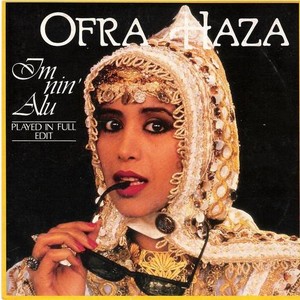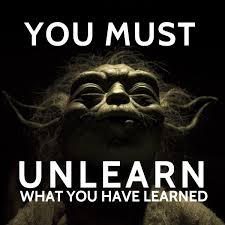I started studying piano at the age of 4. We had the upright “Ukraine” at home, and my mom, who completed Musical school program in piano, insisted that I would study some of it too, rather than hang around freely. My first Music school was next to our house, and I was signed into the class of a random young piano teacher Nelli. During first year there I was hiding under Nelli’s writing table while she’d been chatting with my grandparents. When I grew up and the space under the table became uncomfortable to me, I first touched instrument with a meaning to elicit some comprehensive sounds.
As it is usual in [post] Soviet Union, kids are being taught to read only treble clef during first year. Next year we started with the base clef. As I became comfortable with it, we put away Russian method books and started to gain an actual repertoire with sonatines (Haydn, Mozart), etudes, Children’s album of Tschaikovsky etc. Nelli was giving me lots of freedom to make with an instrument whatever I wanted, and she skipped insisting on counting. So I got use to play by ear instead of following set metric prescriptions. As I was growing and participating as a young virtuoso in piano competitions, this problem started getting serious. Also, I didn’t have neither passion nor patience to practice at home, unless my mom seat down and made me to. I think giving a child freedom is a very important issue in teaching, though this freedom should be directed carefully. Otherwise the actual freedom turns out into a total anarchy that I experienced under Nelli.
When I was teaching in Israel, small kids demanded their freedom. And I was giving it to them, though tried to put some knowledge into their heads in a playing-games way. First, I learned, that kids before the age of 7 should not seat at the piano at all, but stand, run around it, or seat but with the teacher on the same bench only. Secondly, playing by ear is the only thing kids are capable to do! It’s fun for them, it is easy to understand and repeat, rather then have their noses in score books. However, this doesn’t work well with advanced pieces… but couldn’t teachers just keep “repertoire” requirements for elders and let kids enjoy what they have, learn to improvise and to appreciate music rather than be scared of tough teachers and have their hands shaking? If a kid who studies music can love it in his 5yo, he will love it all his life, but if he got trauma from music at this age… it will be very hard to cure ever. Every teacher has to set his very own limits of freedom he can give to little ones, and I think there are tones of ways to arrange this freedom to efficiency. Thanks God there are so many toys and apps to use.













